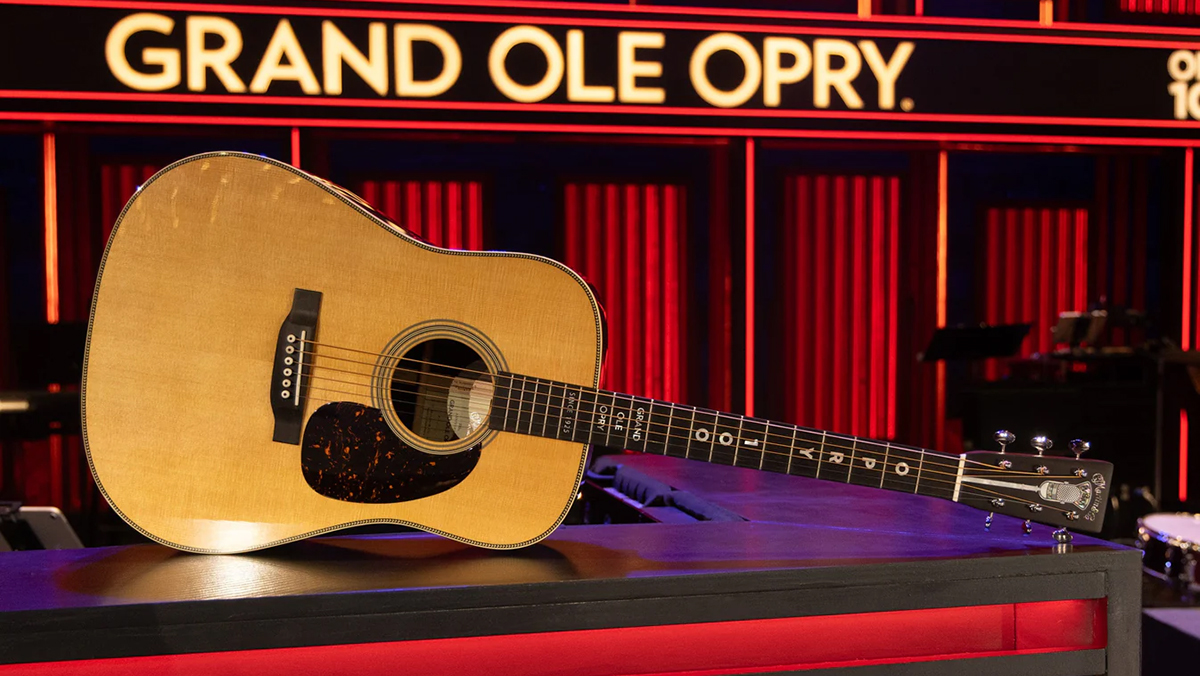Intervals: “I wanted to bring the more angular and aggressive riff-centric parts back... it’s an itch I wanted to scratch“
Canadian prog-metaller Aaron Marshall on why no pedals or amps were harmed in the making of his aggro new album

All the latest guitar news, interviews, lessons, reviews, deals and more, direct to your inbox!
You are now subscribed
Your newsletter sign-up was successful
Although intervals originally started off as a band, with a team of musicians appearing on 2014’s A Voice Within, the subsequent instrumental releases were very much a solo project from guitarist Aaron Marshall.
Returning last year with fourth full-length Circadian, the Canadian progressive metal mastermind explains why these latest recordings feel like his most concise exploits to date.
How does the new music pick up from 2017’s The Way Forward?
“In many ways it’s an expansion of the story I was telling last time ’round. From a more guitar-driven perspective, it’s a lot more refined. I wanted to bring the more angular and aggressive riff-centric parts back in and contrast that with other things I’ve done on the last couple of records – like top-line-oriented and catchy or infectious hooks. I wanted to bring back the earlier aggression; it’s an itch I wanted to scratch. There are two seven-strings songs on this record as well.“
Nice! Which models did you end up using?
“My Abasi seven – with Tosin’s Fishman Fluence pickups – and my Mayones Regius 7, which is similar to my Regius Core six-string that, speaking of which, was the main guitar for the record. That was the very first guitar the company built me, with a mahogany body, an ebony board and Bare Knuckle Silo pickups.
“For texture, I also used my Suhr Modern for some split-coil sounds and neck-pickup vibes. I also have to add that no pedals or amps were harmed in the making of this record... it’s 100 percent Neural DSP!“
All the latest guitar news, interviews, lessons, reviews, deals and more, direct to your inbox!
What do you feel is the secret to great instrumental music?
“I think I know the pitfalls. In the late '80s and early '90s, it often felt like a guitarist playing over a backing track. What’s incredible about the modern players is that composition has become the priority. There’s that interaction between the focal instrument and the rest of the composition... a push and pull.
“It’s not just there to show off your chop or lick of the week. I’ve never felt good about treating my instrument as a sport. It’s about the emotion and story. That’s how you avoid the things that we don’t like about self-masturbatory guitar noise.“
What kind of guitar players helped you realize that?
“My dad raised me on some amazing stuff that affected me before I even had an instrument in my hands. I remember hearing Pat Metheny, George Benson and Larry Carlton in the car… Those guys helped me feel comfortable enough to compose without vocals and convey lyrical ideas without words. Instead I use the universal language, which, as we all know, is music!“
- Intervals' latest album, Circadian, is out now.
Amit has been writing for titles like Total Guitar, MusicRadar and Guitar World for over a decade and counts Richie Kotzen, Guthrie Govan and Jeff Beck among his primary influences as a guitar player. He's worked for magazines like Kerrang!, Metal Hammer, Classic Rock, Prog, Record Collector, Planet Rock, Rhythm and Bass Player, as well as newspapers like Metro and The Independent, interviewing everyone from Ozzy Osbourne and Lemmy to Slash and Jimmy Page, and once even traded solos with a member of Slayer on a track released internationally. As a session guitarist, he's played alongside members of Judas Priest and Uriah Heep in London ensemble Metalworks, as well as handled lead guitars for legends like Glen Matlock (Sex Pistols, The Faces) and Stu Hamm (Steve Vai, Joe Satriani, G3).



